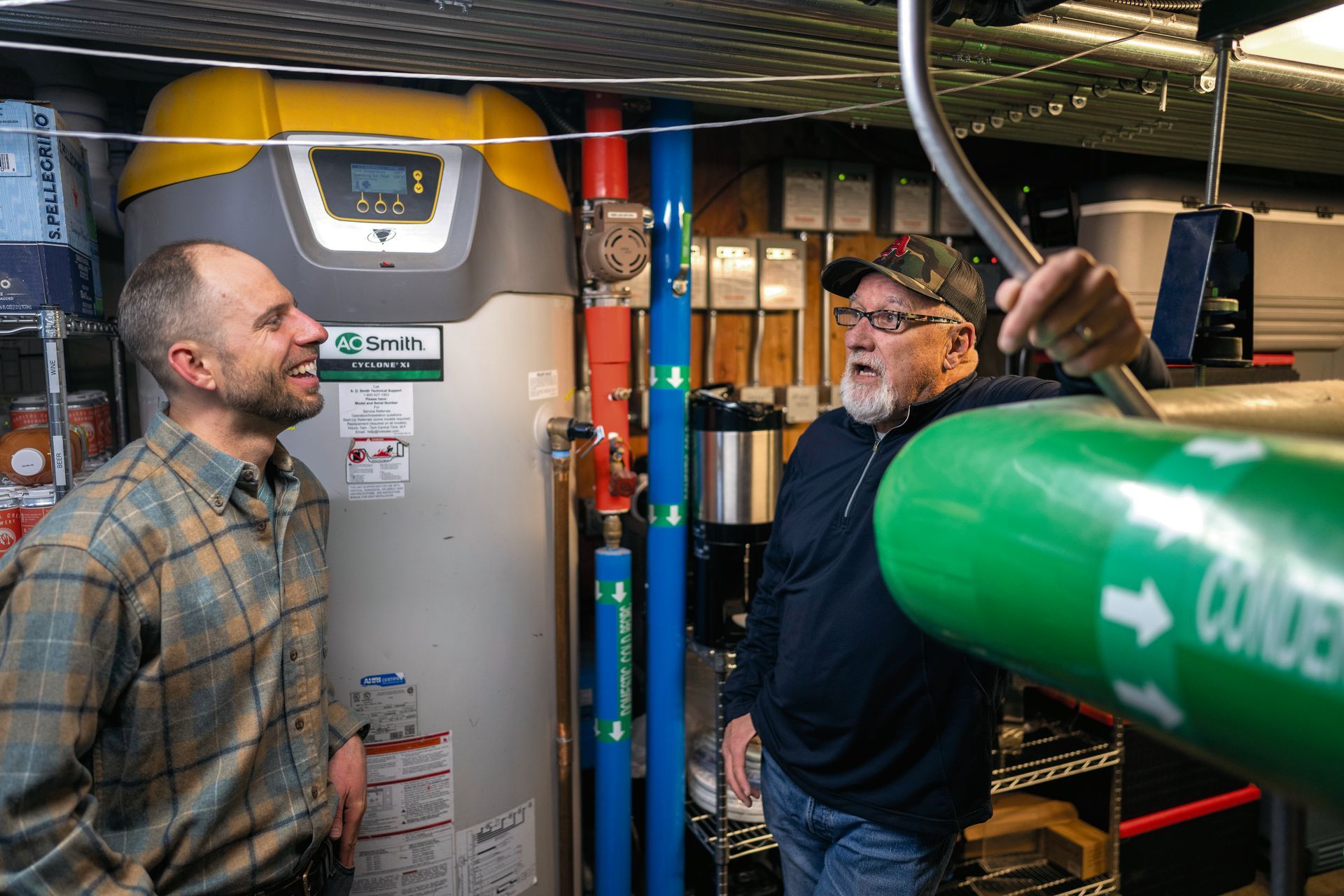NEED HELP? CALL US: 1-970-925-9775 | EMAIL US: Energy@AspenCORE.org
Building IQ Program Hub
Know Your Building, Know Your Power

CORE partners with the City of Aspen to offer property owners and managers personalized support to achieve their carbon cutting goals.
Building IQ is an ordinance passed by Aspen’s City Council in 2022 to reduce the level of greenhouse gas emissions from buildings. Since buildings account for 57% of Aspen's total greenhouse gas emissions, reducing energy use in this sector is essential to combatting the climate crisis.
This Building IQ Program Hub is your toolkit to navigating the ordinance and working with CORE to meet its criteria.
Benefits of Building IQ
- Conserve energy
- Help manage your building
- Identify short- and long-term savings
- Support global climate action
- Market as a green building
- Inform City of Aspen energy programs

Understanding the Ordinance
Building IQ is an ordinance passed by Aspen’s City Council. There are three primary requirements for building owners to be in compliance:
- Benchmark your building using Energy Star’s Portfolio Manager. Building IQ started with benchmarking the biggest buildings and rolls out to smaller buildings each year. Before getting started, find out when your building is required to be benchmarked in the “Benchmarking FAQs ” on the City’s Building IQ page.
- Report energy and water usage data to the City.
Bonus: Building Performance Standards are the next phase of Building IQ. Get a head start improving your energy and water efficiency.
Building Performance Standards
Once you understand how your building uses water and energy, it’s time to start using resources more wisely. That is where Building Performance Standards–AKA BPS–come into play.
BPS is a policy that requires building owners to meet performance targets for energy use by actively improving their buildings over time. Since the majority of commercial and residential building stock that will be standing in 2050 is already built, BPS will help accelerate carbon-reduction at the rate necessary to meet local and national climate action goals. From a building owner’s perspective, BPS provides flexibility as owners can use whatever technologies and operational strategies they decide are most effective and economical to meet the target. Multiple state and local governments have passed BPS policies, including Washington D.C., New York City, St. Louis, and Colorado and Washington states.
The BPS policy details for the City of Aspen have not been defined, yet. We are interested in getting feedback from community stakeholders and will be starting stakeholder engagement beginning in 2022 with the goal of collecting input to implement policies the following year, in 2023. CORE provides technical and financial resources to help aid in the process. Check out our grants and rebates to receive funding for energy efficiency projects.
-
How do I improve the energy performance of my building?
CORE’s Commercial Path to Zero is a step-by-step guide for improving building performance. Start with simple measures like upgrading your lighting and adding controls then work your down the path all the way to electrifying everything and powering your building with renewable energy. Plus, we provide funding to help get you there – check out our rebates and grants!
…or just reach out to Mike Bouchet. He will visit your property and create a simple, cost-effective plan customized for your building.
-
When do building performance standards begin?
Building IQ Ordinance enactment: June 1, 2022
- Building Performance Standards (BPS) stakeholder group formed: Summer 2022
- BPS stakeholder group conducts research, gathers feedback from the broader community, and develops the BPS Design Guidelines: Summer 2022 – Q3 2023
- BPS Design Guidelines brought to Council for consideration and adoption: Q3/Q4 2023
- Properties will need to comply with building performance standard: TBD (Established by BPS Design Guidelines)
Questions? I am here to help.
-
Jake Lapp
Jake@AspenCORE.orgProgram Manager
1-970-925-9775 x1005
CORE is a 501(c)(3) nonprofit dedicated to leading the Roaring Fork Valley to a carbon-free, net zero energy future.
Contact Us
129 Emma Rd, Unit B, Basalt, CO 81621
PO Box 2449 | Basalt, CO 81621
Office Hours: Monday - Friday, 9 a.m. - 5 p.m.
Community Office for Resource Efficiency


